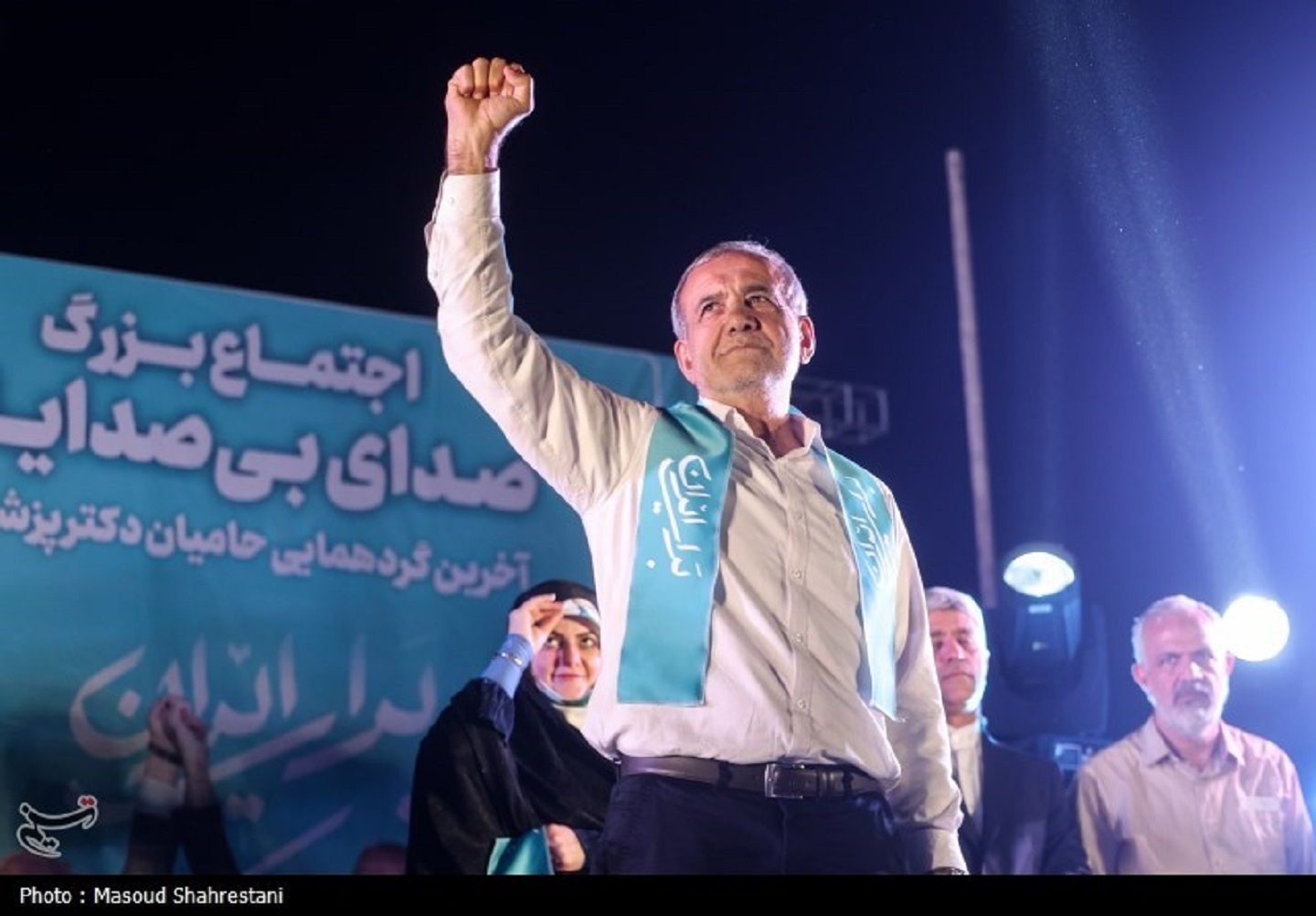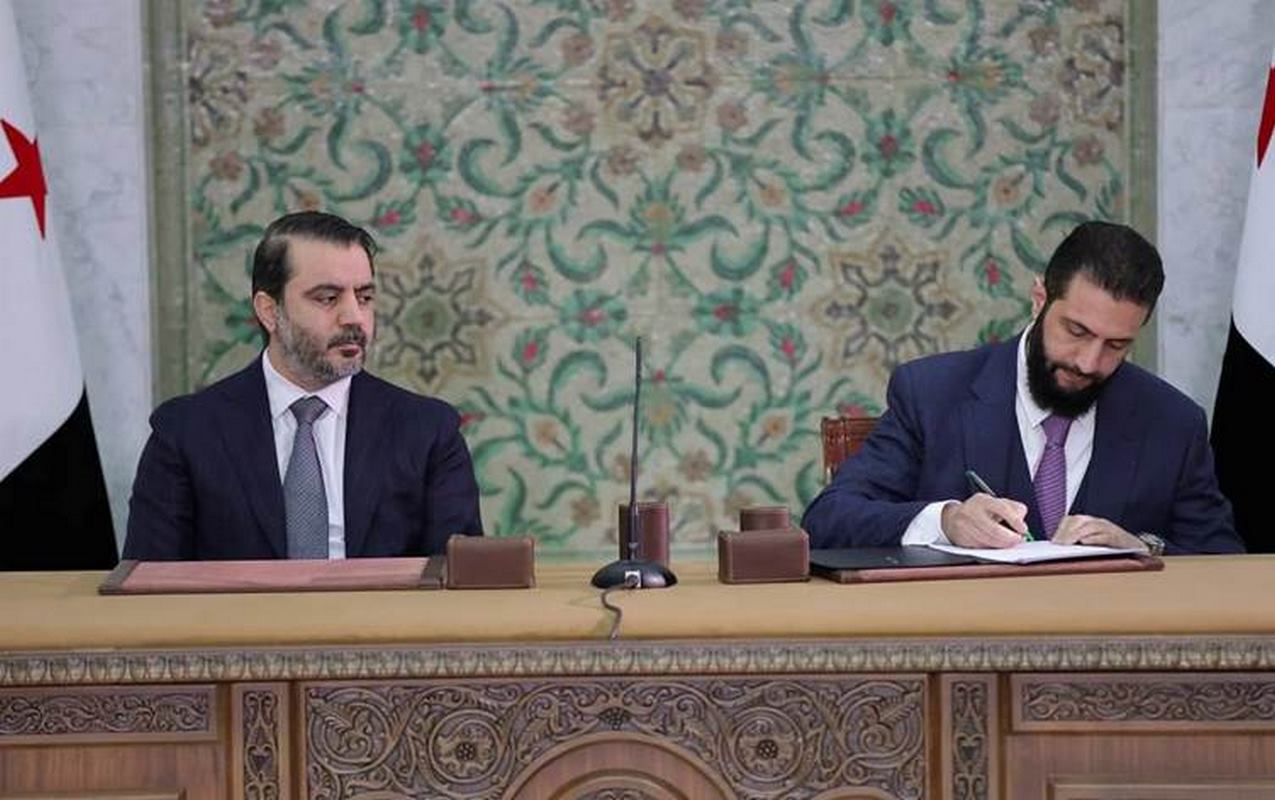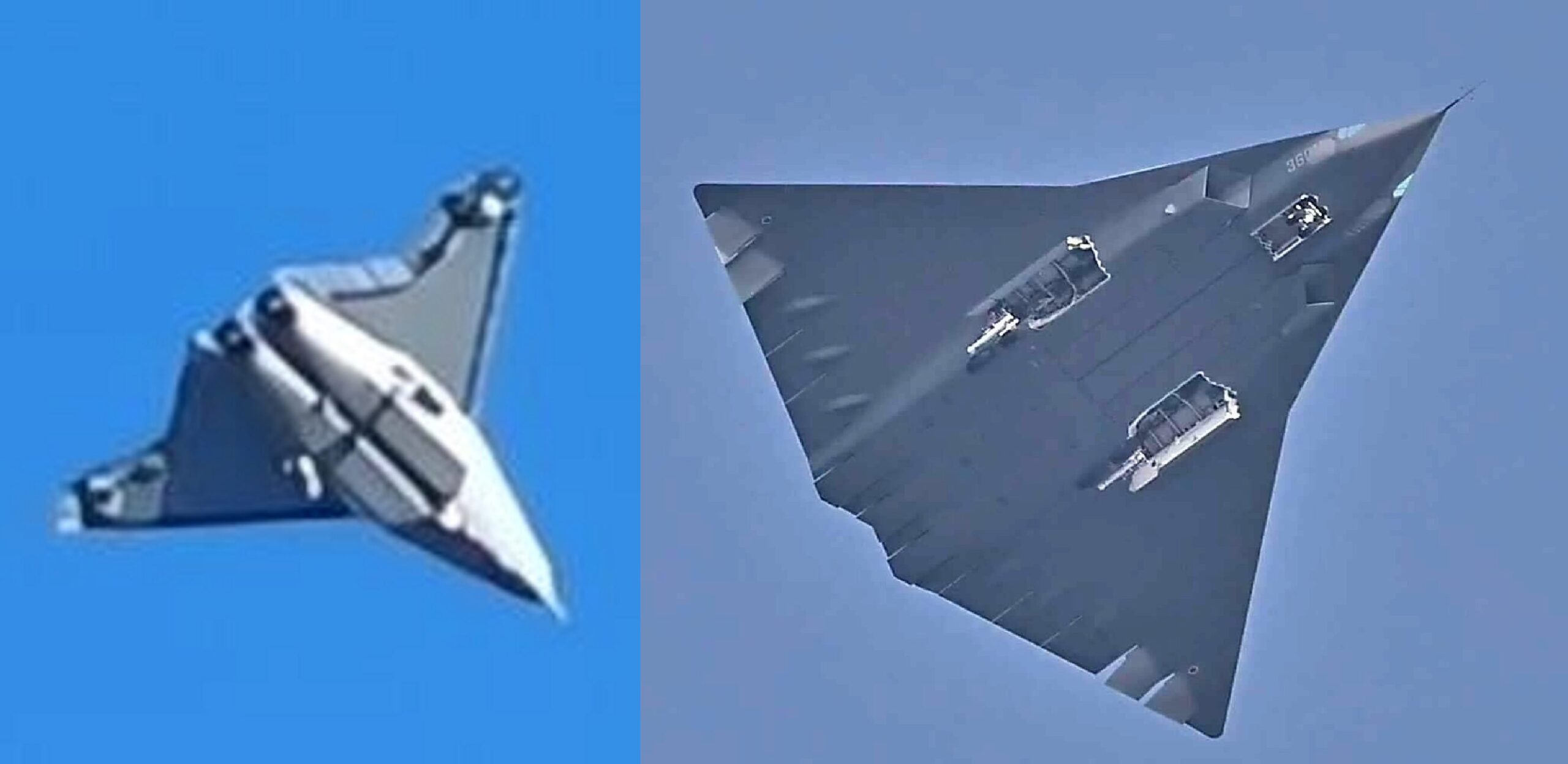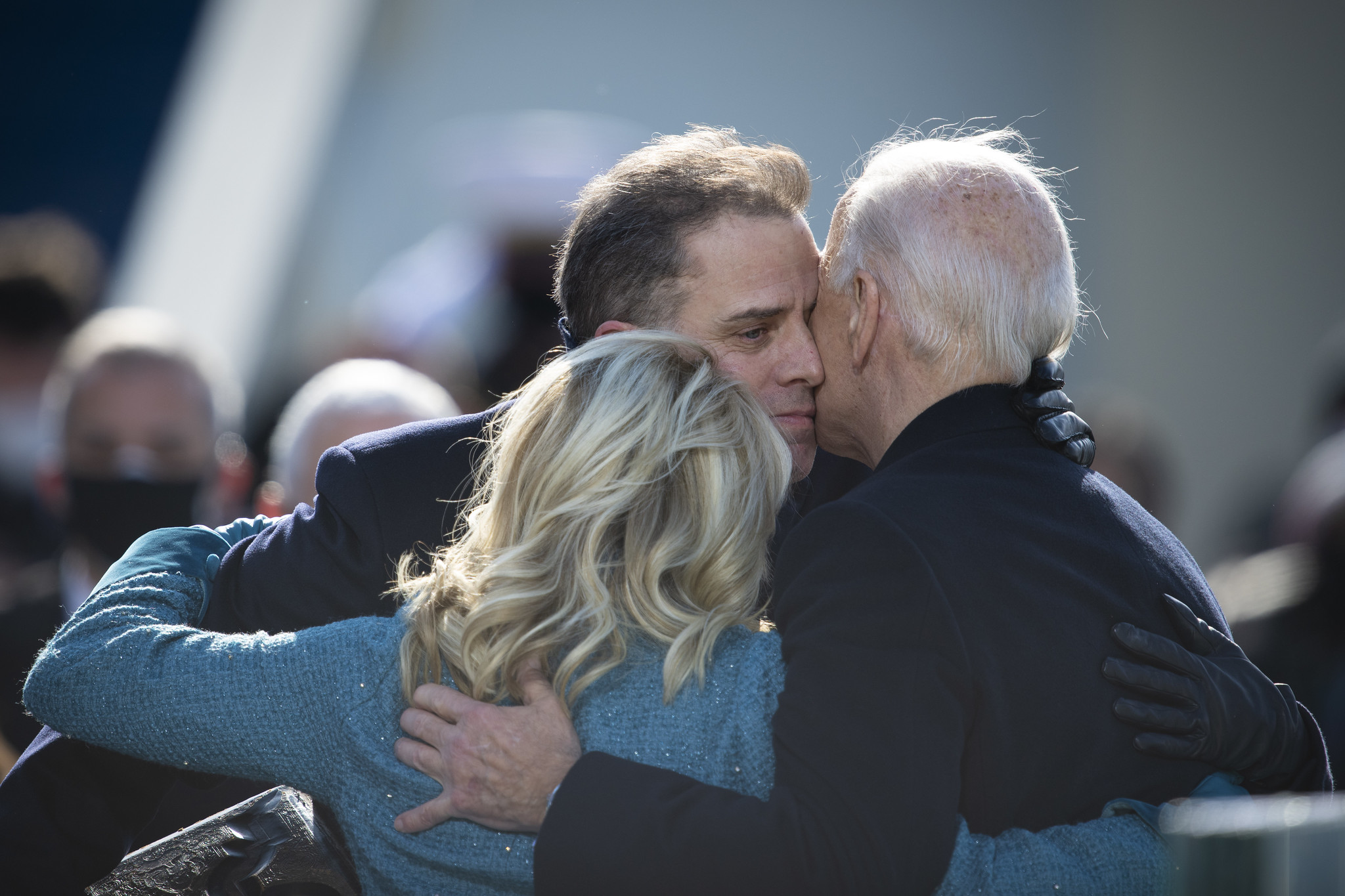The 70-year-old cardiac surgeon from the reformist political factions in Iran has won the country’s presidential elections. Masoud Pezeshkian received 16.3 million votes, while his conservative opponent Saeed Jalili garnered 13,5 million out of over 30 million votes cast.
The two men contested a runoff election after those held on June 28th failed to produce a clear winner but which did eliminate the four other candidates. The total voter turnout equated to 49.8% of Iran’s population, a nearly 10-point increase over the turnout in the first round.
WaL reported that Masoud at that time would require a much higher voter turnout to win the election based on past wins by reformist presidents, while Jalili would thrive by picking up the hard-liner votes from the 4 other conservative candidates.
Pezeshkian now takes control of a country hamstrung by economic sanctions, public dissolution, and conservative societal pressures.
“Dear people of Iran, the elections are over and this is just the beginning of our togetherness. The difficult path ahead will not be smooth except with your companionship, empathy, and trust,” Pezeshkian wrote in a post on X. “I extend my hand to you and I swear on my honor that I will not leave you alone on this path. Don’t leave me alone”.
Pezeshkian was a medical unit director during the Iran-Iraq War, and eventually served as deputy health minister and then the minister of health for the first Iranian reformer president, Mohammad Khatami (1997-2005). He has also represented his home of Tabriz in parliament since 2008, broken up by two attempts to run for the presidency.
He was able to garner votes from diverse demographics, including not only the reformist movement, but also from the Azeri, an Iranian-Turkish ethnic minority from the border region with Azerbaijan, and the Iranian Kurds. He is himself part of both of these groups, which together represent around 15 million of Iran’s 60 million people.
“I will do everything possible to look at those who were not seen by the powerful and whose voices are not heard,” he said during a campaign rally last week, reflecting this diversity. He also condemned the enforcement of mandatory hijab laws imposed since Iran’s 1979 Islamic Revolution and suggested that an investigation be launched into the death of the young Kurdish woman Mahsa Amini, who died in police custody last year, sparking mass protests against social and cultural controls in the country.
It has been described as a surprise that he was even included in the 6-candidate shortlist for elections by the country’s Guardian Council in the first place, and Middle East Eye heard from some analysts who requested anonymity that said his inclusion was part of a “trap” laid by the Guardian Council and their preferred conservative candidates.
There’s no sense of disunity on the surface at least, as the Supreme Leader Ayatollah Khameini, Iranian Revolutionary Guard Corps, political opponents, and Hezbollah, have all offered Pezeshkian congratulations.
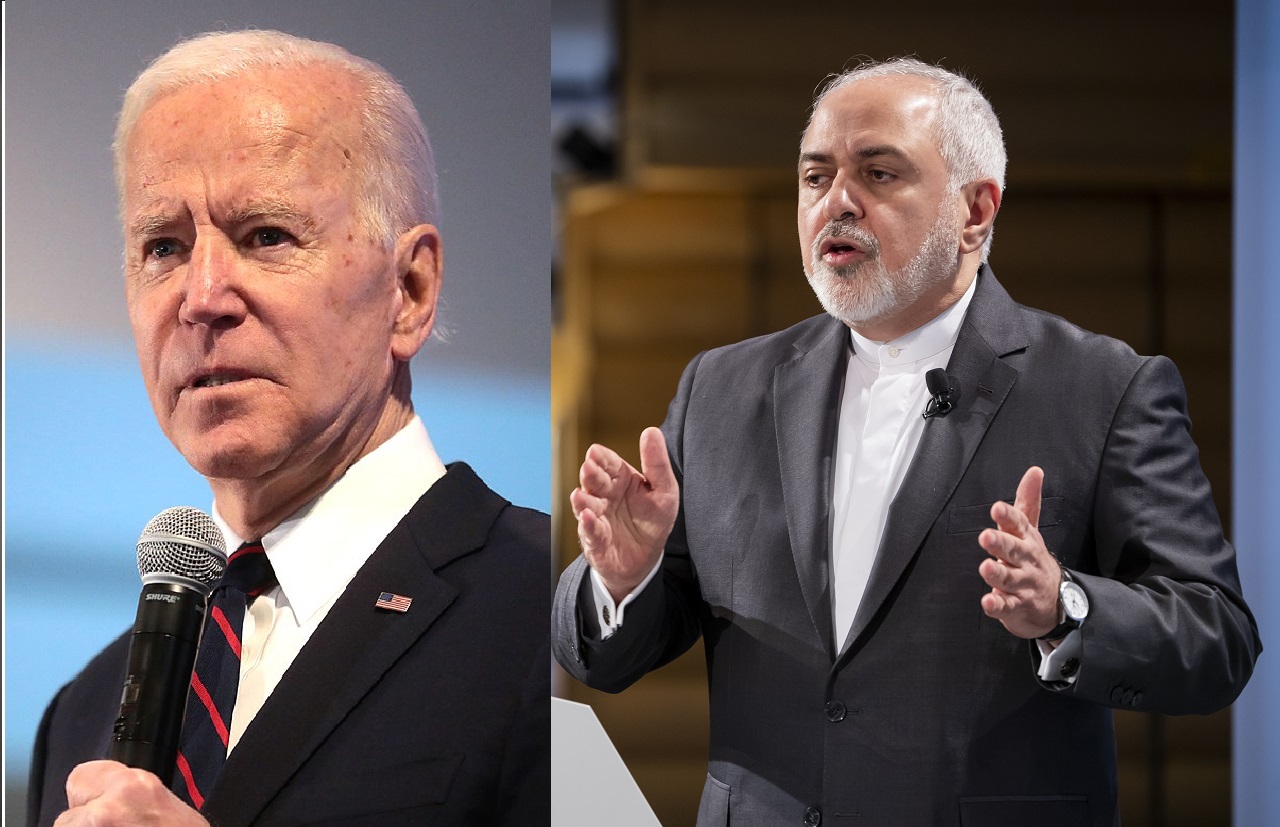
What will a Pezeshkian administration look like?
Parviz Amini, a university professor and prominent political expert, said in an interview with Farhikhtegan Newspaper that Pezeshkian’s cabinet will likely be filled with reformers to the exclusion of all conservative voices, and that domestic issues, foremost of which will be sanctions and growth stagnation, will take center stage among their considerations.
“There are various factions within the reformist movement, and the individuals chosen for economic, cultural, and foreign policy positions will significantly shape his presidency,” said Amini, adding that Pezeshkian was often accompanied by prominent reformist figures during his presidential campaign including former foreign minister Mohammad Javad Zarif and former finance minister Ali Tayebnia.
Iran’s previous tenure under a reformer president was marked by the completion of the JCPOA, aka the Iranian Nuclear Deal, struck between President Hassan Rouhani and Barak Obama. However the two tenures did not align perfectly, and Rouhani was unfortunately paired with the first 2 years of Donald Trump, during which Trump reneged on the agreement and imposed crippling sanctions on the Iranian economy in order to try and coerce Tehran into signing a new deal.
As Paul Pillar, a non-resident fellow scholar at the Quincy Institute for Responsible Statecraft recently wrote, the decision was a dramatic failure for the US. Whereas under the deal the Iranian nuclear energy program was tightly contained and adhered to, its abandonment has seen the Iranians enrich uranium up to around 60%—two-thirds of what is required for weapons-grade material.
Furthermore, the crippling sanctions have forced Iran to seek foreign markets to access, further drawing China and Russia into the regional energy trade and commerce.
Previously, Pezeshkian advocated a return, or resurrection of the JCPOA to some degree in order to secure the lifting of sanctions.
“Lifting sanctions will improve people’s lives, while their continuation will only make life harder,” he said. Javad Zarif, a strong candidate for foreign minister under Pezeshkian, held that very position during the original negotiations for the JCPOA, and would likely represent a unifying voice in the Pezeshkian cabinet for some sort of engagement with the West.
This doesn’t mean Pezeshkian will be receptive to threats or willing to pander, as he is a strong supporter of the Iranian Revolutionary Guard Corps, and publically cheered on the termination of US drones entering Iranian airspace.
However, there now seems to be a very good chance that Donald Trump will return to the White House in January 2025, in which case either two things will happen. As seen by Trump’s engagement with North Korea, the man is capable of following his own instincts in opposition to those of his base, thus it wouldn’t be impossible for him to look for an agreement with Iran in the same way that he quickly secured the North American Free Trade Agreement early in his presidency.
In the context of Israel’s slaughter of the Palestinians in Gaza, Trump would perhaps see a second JCPOA, with assurances that Iran halts weapons transfers to her key regional military ally of Hezbollah, as a potential political victory. However, in that same context, he may also seek to apply the “maximum pressure” strategy of his first term even more fiercely to display to Tel Aviv his devotion towards the Zionist project, something which he is not shy of advocating for.
Türkiyen President Erdogan, America’s NATO ally, has already said that he hopes to establish even stronger regional ties with Iran, and the Daily Sabbah reports that Iran’s western neighbor views Pezeshkian’s elevation to the presidency as an exciting development because of his father’s Turkish roots.
If Trump did want to find a regional guarantor of Iranian behavior, a new JCPOA that involved Ankara and Erdogan could present a viable diplomatic route to success. Following the breakdown of the first JCPOA, the EU completely failed to uphold its role in the agreement of protecting the Iranian economy, particularly oil exports from US sanctions. Replacing the EU with Türkiye may be more feasible for Pezeshkian, as to go again with the EU and the US would invite strong opposition from conservative critics.
On the part of a Trump White House, such a deal would still be seen as working alongside a NATO ally to improve security in the region at a time when the Chinese recently acted as the mediators between Iran and Saudi Arabia and the restoration of diplomatic ties between the two. Erdogan stands only to gain. WaL
We Humbly Ask For Your Support—Follow the link here to see all the ways, monetary and non-monetary.
PICTURED ABOVE: President-Elect Masoud Pezeshkian celebrates his victory with his supporters. PC: Masoud Shahrestani, Tasnim News Agency.
